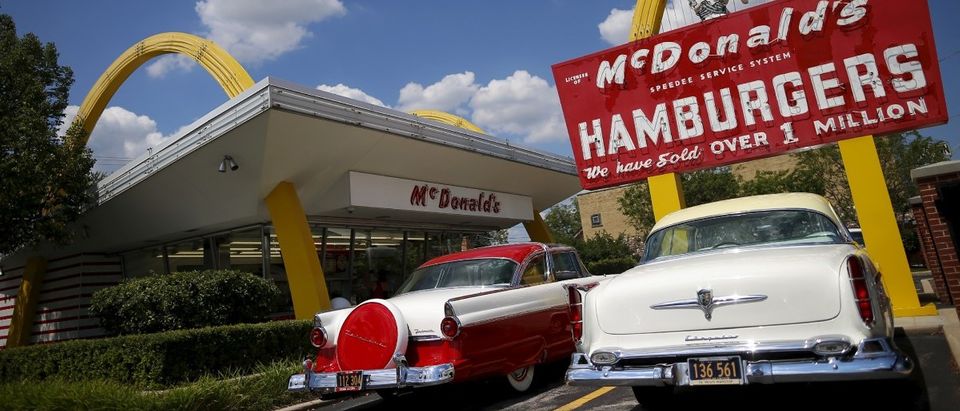Raising the minimum wage hurts franchisees more than equivalent non-franchise businesses despite claims to the contrary, according to a report Friday.
A franchise most often involves a corporation which contracts its brand name and products out to many small businesses. Some lawmakers claim small franchisees can handle a rise in the minimum wage just as well as the corporations they contract with. The Employment Policies Institute (EPI) argued in its report, “What’s in a (Brand) Name?” the opposite is actually true.
“Any changes to the applicable minimum wage are going to affect both franchise business owners and non-franchise business owners,” the report stated. “However, these changes will be most impactful to franchise owners because as a group they are more likely to employ minimum wage workers and their overall workforce comprises a larger percentage of minimum wage workers.”
The report directly addressed Seattle by asking local businesses how they plan to absorb the rising minimum wage. The city was the first place to enact a $15 minimum wage back in June 2014. Minimum wage laws are often phased in overtime to mitigate financial stress on businesses. Small businesses are usually given extra time because they have more difficultly handling the rise. The measure, however, excluded small franchisees from the privileges it provided other small businesses.
“Based on these responses many non-franchise owners are likely to a take a variety of measures to offset the increased cost of the minimum wage to $15,” the report noted. “But as a group, fewer say they will do this than franchise business owners.”
The report found 65 percent of city franchisees are likely to reduce staff while only 51 percent of non-franchise businesses would. Franchisees are also more likely to reduce hours worked or switch over to an automated service. Seattle justified its decision by noting that franchisees enjoy an economic advantage being connected with a large corporation. The corporations often supplies advertising, supply chain management and menus.
“Franchisees enjoy a unique economic advantage that gives them the ability to more easily absorb an accelerated wage phase-in,” State Attorney General Robert Ferguson has noted.
Federal agencies have also worked to make it easier for franchises to be legally declared one employer. The National Labor Relations Board (NLRB) has begun using an expanded version of an employment rule known as the joint-employer standard. The standard allows the federal government to declare multiple companies that contract with one another a single employer if one has direct and immediate control over the employees of the others.
The expanded standard now considers factors beyond just employment. It makes it easier for the NLRB to declare two or more companies joint-employers on a seemingly case-by-case basis. Critics have warned the expanded standard could very well unravel franchising because it will make corporations less likely to participate since they’ll have to take more responsibility for the smaller companies they contract with.
All content created by the Daily Caller News Foundation, an independent and nonpartisan newswire service, is available without charge to any legitimate news publisher that can provide a large audience. All republished articles must include our logo, our reporter’s byline and their DCNF affiliation. For any questions about our guidelines or partnering with us, please contact licensing@dailycallernewsfoundation.org.


